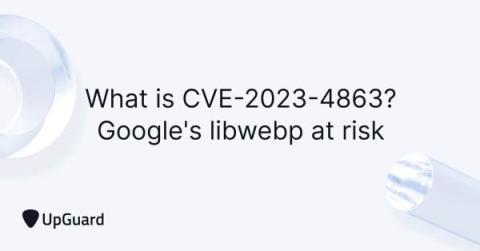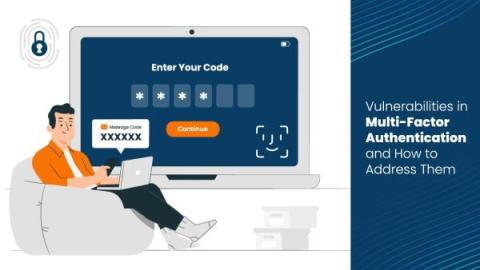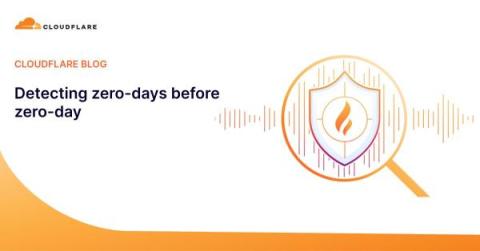Security | Threat Detection | Cyberattacks | DevSecOps | Compliance
Latest News
Vulnerabilities in Multi-Factor Authentication and How to Address Them
Multi-factor authentication is an authentication method that asks for two or more authentications from users to get access to a resource or any device. Multi-factor authentication is also known as two-factor authentication, or 2FA. Generally, hackers gain access to a single authentication, such as a password; however, it is quite difficult to break the two-factor authentication.
MOVEit Hackers Intercept Data and SSNs from Nuance Communications
Nuance Communications is a Microsoft-owned software solutions provider employing more than 6,500 people. Nuance controls industry-defining AI, which professionals may use to fully automate tasks, such as entering and manipulating medical records. Many of Nuance’s clients are hospitals, clinics, and health centers in the southeast of the US; those who have received medical services in these areas are now at risk following the most recent MOVEit data breach.
How to Discover and Secure Open Port Vulnerabilities
2023 OWASP Top-10 Series: API10:2023 Unsafe Consumption of APIs
Welcome to the 11th post in our weekly series on the new 2023 OWASP API Security Top-10 list, with a particular focus on security practitioners. This post will focus on API10:2023 Unsafe Consumption of APIs. In this series we are taking an in-depth look at each category – the details, the impact and what you can do about it.
Resolving Webp Zero-day Vulnerability CVE-2023-4863
Webp is the backbone of the webp extension. Any image that is saved to the webp image format most likely was created using the webp library. The library was released in 2010 by Google.
Detecting zero-days before zero-day
We are constantly researching ways to improve our products. For the Web Application Firewall (WAF), the goal is simple: keep customer web applications safe by building the best solution available on the market. In this blog post we talk about our approach and ongoing research into detecting novel web attack vectors in our WAF before they are seen by a security researcher. If you are interested in learning about our secret sauce, read on.
Vulnerability Assessment: A Guide
The complexity of technology is ever-increasing and the number of breaches (and the cost of dealing with them) is growing right along with it. Governments are cracking down and turning cybersecurity from nice to have to absolutely mandatory. In response, organizations across industries are taking a more serious look at their security posture and, with that, the need to perform thorough vulnerability assessments.
Critical WebP 0-day security CVE-2023-4863 impacts wider software ecosystem
This month, Apple Security Engineering and Architecture (SEA) and The Citizen Lab at The University of Toronto's Munk School opened a pair of Critical vulnerabilities relating to maliciously formed WebP images which could be used to exploit the Chrome browser, as well as the webmproject/libwebp library from Google. As of Sep 27th, 2023, the CVEs known to track this libwebp vulnerability actively include.











